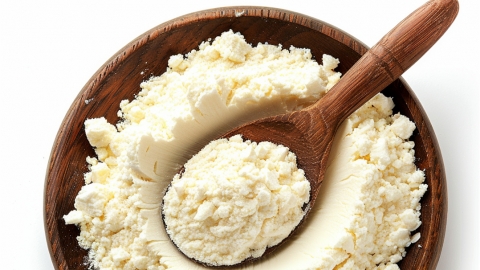Does camel milk powder have antibacterial properties?
Generally, camel milk powder has certain antibacterial properties, but its effects are limited and cannot replace professional antibacterial medications. Detailed explanation is as follows:

Camel milk powder contains components such as lactoferrin and immunoglobulin, which have some ability to inhibit bacterial growth. When consumed in moderation, it can provide nutrition and assist in maintaining a balanced intestinal flora, thereby exhibiting mild antibacterial effects indirectly. However, the antibacterial effect of camel milk powder only targets certain bacteria and is relatively weak, making it ineffective against severe bacterial infections. Using it as an antibacterial agent may delay proper treatment and worsen infections. Additionally, excessive consumption of camel milk powder may increase gastrointestinal burden and cause discomfort such as bloating.
In daily life, camel milk powder can be consumed in moderation as a nutritional supplement, together with vegetables, grains, and other foods to ensure a balanced diet. When antibacterial action is required, standardized protective and treatment measures should be adopted, with emphasis on personal hygiene and enhancing one's own immunity to better resist bacterial invasion.




